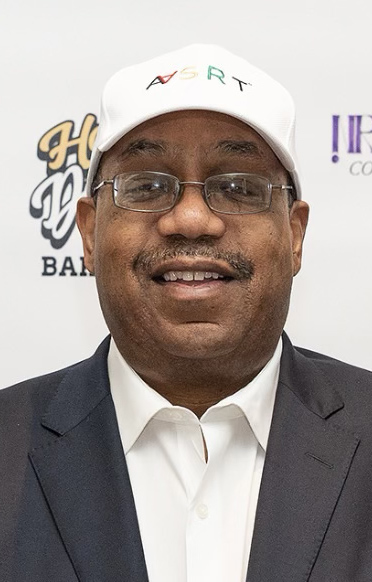The spirituality of practicing medicine
September 13, 2023 by agutting@reviewjournal.com
Filed under Highlights
BY DARRYL L. FORTSON, M.D.
Most people see the practice of medicine as a largely scientific affair — the anatomy, physiology, and biochemistry of the human body when things are in health and equilibrium; and the derangement of that harmony when disease. contagion, inflammation, and trauma are present. That is, they think of the physics of the human.
But in fact, science is where — and the mechanism of how — these interactions take place. In this framework, every interaction with a patient is a metaphysical event. The Merriam-Webster Dictionary explains that just as “physics deals with the laws that govern the physical world (such as those of gravity or the properties of waves), metaphysics describes what is beyond physics — the nature and origin of reality itself, the immortal soul, and the existence of a supreme being.”
What this means for me is that a doctor-patient interaction is not only a medical appointment, but a divine appointment. When a patient comes to a doctor for medical care, it is the Almighty Himself saying, “Doctor, I am sending this person in need of repair, restoration, healing, knowledge, or hope (or some combination of them all) to you. I am entrusting and challenging you to move this person from a path of pain, destruction, or ignorance into the light of freedom, longevity, and understanding.”
This is both an awesome honor and profound responsibility. When considered in this light, care for both the president and the prole, the statured and the scoundrel, the hegemon and the homeless all become of tremendous importance, as do their concerns and their resolution. Engaging a patient with this in mind humbles the doctor and focuses him or her on his individual accountability to God and the accountability of the institution he represents.
Las Vegas is notorious for cruel and dismissive treatment of patients by those charged to care for them. It isn’t that the doctors and other providers are incompetent; rather, the problem here is a culture that sees the doctor-patient interaction as primarily transactional, when in fact, it is (or at least, should be) ministerial. This is not about preaching to patients or proselytizing them or ramming any particular religious dogma down their throats, but it is about understanding what the expectations of the divine are whenever a patient is engaged.
Our patients are our neighbors, and the Good Book instructs us “to love our neighbors as ourselves.” Just as we exhaust every opportunity to relieve our own pain and those of our loved ones, so too is the doctor to do the same for his patient, to the limit of his ability, sound reason, long-term benefit, and the law.
Almighty God is assigning the doctor to move the patient toward health and well-being, and to cancel the assignment of pain, unwellness, or distress upon him or her. This, for the doctor, is all day — every day. When the doctor understands this, he or she will know what to do for the patient. And when the patient understands this, they will know what to demand and expect from that same doctor.
Darryl L. Fortson is a practicing Las Vegas physician and the Executive Director of AASRT, Inc. (www.theaasrt.org), a 501(c)(3) organization dedicated to ending the racial net worth gap through a reparations paradigm.






